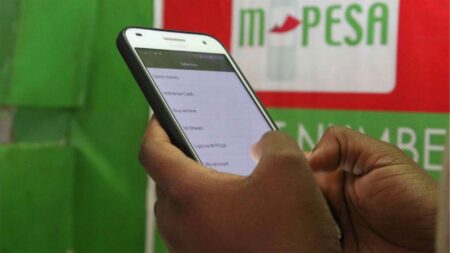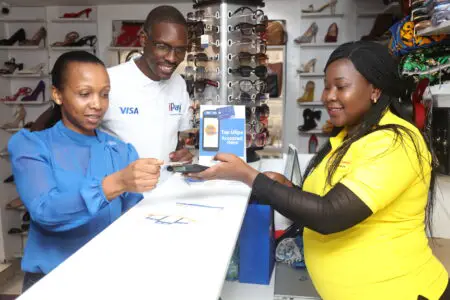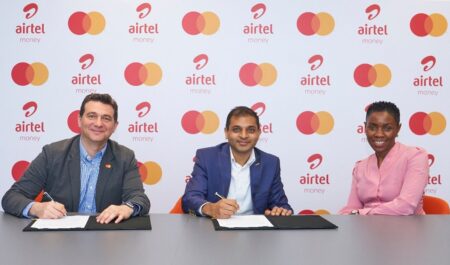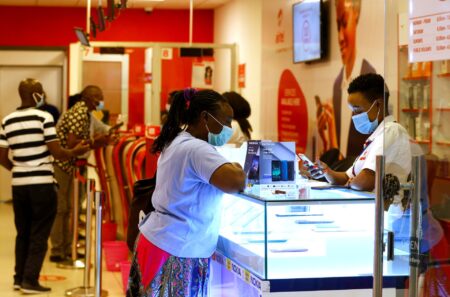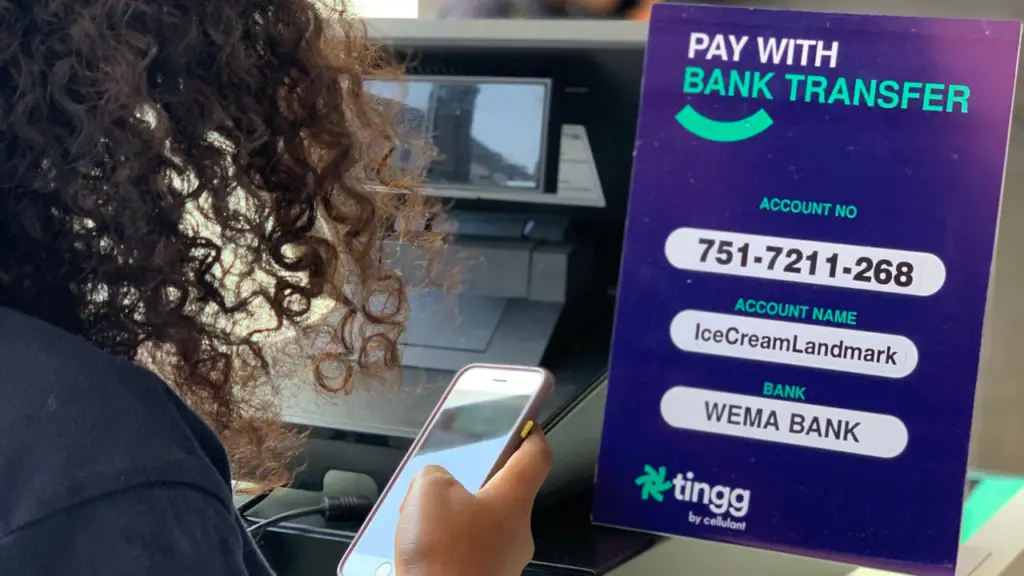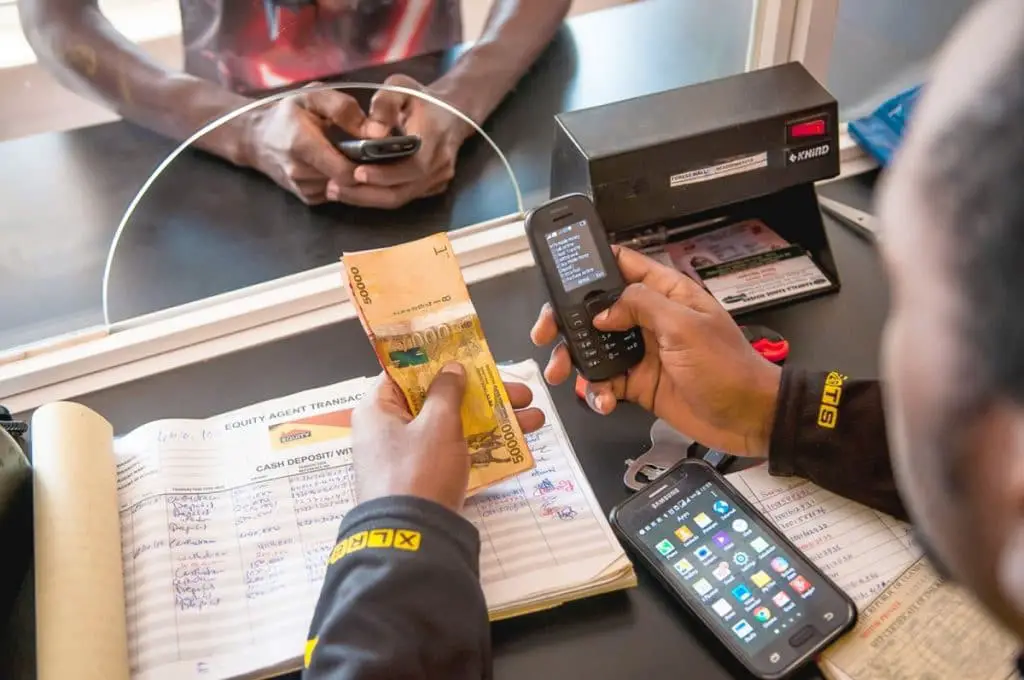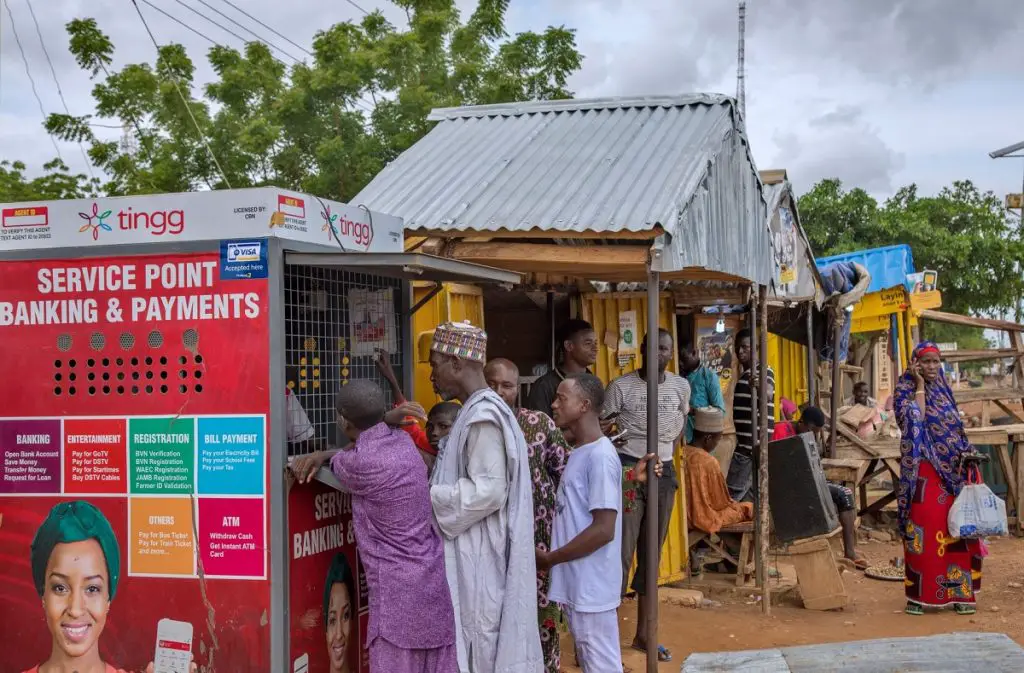- Agribusiness could drive Africa’s economic prosperity
- Dawood Al Shezawi: Why AIM Congress 2024 is the epicenter of global economic and cultural dialogues
- d.light’s 600,000 cookstoves project verified as top source of quality carbon credits
- Artificial intelligence (AI) could create a turning point for financial inclusion in Africa
- AIM Congress 2024: Catalysing global investments with awards
- Kenya’s economic resurgence in 2024
- The most stressful cities to live in 2024 exposed
- Tech ventures can now apply for the Africa Tech Summit London Investment Showcase
Browsing: digital payments
- Nala Money has Payment Service Provider licenses in several countries, including its founder’s home, Tanzania.
- In 2020, Africa’s e-payments industry, across domestic and cross-border payments, generated approximately $24 billion in revenues, of which about $15 billion was domestic electronic payments.
- Africa’s domestic e-payments market is expected to see revenues grow by approximately 20 per cent per year, reaching around $40 billion by 2025
“Little did I know that if a European-based client of mine could have subscribed to Nala Money, I would have received $100 more to my fee. Unlike Nala, the money order service I use has a low exchange rate and is somehow unconventional.”
This testament is not a promotion or a boost for the latter but an admission of facts and experiences Tanzanians who might receive remittance often or once could face.
Nala, started by Tanzanian youth Benjamin Fernandes in 2017, aimed to increase economic opportunities for …
- Registered customers for M-Pesa Ethiopia rose to 3.1 million from 1.2 million as of half the Financial Year 2023/2024, transacting worth $115.63 million.
- Ethiopia’s National Financial Inclusion Strategy 2021–2025 aims to increase financial inclusion from 45 to 70 per cent of all adults by 2025, partly by scaling digital payments through mobile money services.
- The country also aims to increase the use of digital payments from 20 per cent of all adults in 2020 to 49 per cent by 2025.
Revenue growth for M-Pesa Ethiopia
Safaricom’s M-Pesa in Ethiopia reported revenue returns of $277,139.43 over the nine months ending in December 2023.
Following its August 2023 launch, the operations generated $45,000 over the first four months, with further commitment to grow the numbers.
Registered customers for M-Pesa Ethiopia rose to 3.1 million from 1.2 million as of half the Financial Year 2023/2024, transacting worth $115.63 million.
However, the opportunity for …
Digital payment platform iPay has joined forces with Visa, a world leader in digital payments, to introduce Visa’s Tap-to-Phone technology to simplify digital payments for merchants and customers.
Dubbed Tap Ulipe, the solution is integrated into a sleek, portable, internet-enabled MobiGo 2 device, comparable in size to modern smartphones. It offers merchants many solutions beyond traditional payments without investing in clunky POS machines. In addition, merchants can also download the Tap to Ulipe app from the Google Play store on their Near-Field-Communication (NFC) enabled smartphones to accept contactless payments.…
Competition in the remittance space has intensified with the entry of new players as the race for a share of the annual $95.6 billion in cross-border remittances flowing into Africa heats up. Airtel Africa has partnered with MasterCard to unveil a new service for cross-border remittances. Their deal will see customers in Kenya and 14 other African nations become the first beneficiaries of the service.
Airtel Africa and MasterCard will provide a seamless digital experience for consumers, connecting them with millions of peers worldwide. With a mushrooming diaspora community, remittances are now the largest source of forex in many African economies.…
- An infusion of new investments and regulatory transformations is shaping financial interactions and digital payments in Africa.
- Africa’s digital payments operations produced around $24 billion in revenue in 2020, comprising domestic and cross-border payments.
- For Africa’s digital transition to run smoothly, a cohesive environment that ensures investment and funding remains necessary.
Human commerce constantly seeks more efficient exchange mediums, and this innovation is currently intensifying. Consequently, how individuals pay for products and services has changed dramatically in the 21st century. Digital payments in Africa are gradually replacing cash, and cryptocurrencies and virtual currencies have lately emerged as substitutes for conventional money concepts.
Africa has kept up with, and in some instances led, technological advancement. An infusion of new investments and regulatory transformations is shaping financial interactions and digital payments in Africa. Cash remains king in Africa. However, research indicates that its dominance may be challenged in the future years as …
- Kenya’s PesaLink payments ecosystem has signed a Memorandum of Understanding (MoU) with Mastercard to create innovative, digital-first payment solutions
- PesaLink will leverage Mastercard’s technology, expertise, partnerships, and cyber intelligence solutions to diversify its payment capability beyond person-to-person payments
- Mastercard will collaborate with PesaLink to expand its services to include a direct-to-consumer digital proposition, agent banking and solutions for business and government payments
Integrated Payment Services Limited (IPSL) which runs the PesaLink payments ecosystem has signed a Memorandum of Understanding (MoU) with Mastercard to create innovative, digital-first payment solutions designed to boost the adoption and usage of digital payments and accelerate Kenya’s transition to a cash-lite economy.
Established by the Kenya Bankers Association, the PesaLink ecosystem continues to grow and today, comprises 31 banks in Kenya and several payment service providers, Savings and Credit Cooperatives (SACCOs) and a telco, enabling over 9.5 million customers to connect to a secure, fast, efficient, …
In a report by GSMA released earlier this year, mobile money accounts grew to 1.2 billion with 43% of new users all from Africa.
Inferring from this growth rate in just one year, it’s clear that the market size for offline payments is significantly larger than online payments. In coming years, we’ll be focusing on this space even as we continue to grow in online payments.
In sub-Saharan Africa alone, there are 44 million micro, small and medium enterprises providing the majority of jobs effectively serving as the backbone of the economy in their countries. …
The growth witnessed in Kenya is reflective of the payments landscape in the rest of Africa.
In the beginning, Consumers sought alternative digital payment methods as physical establishments were closed, and when they reopened, these methods provided safer payment alternatives in an effort to contain the spread of Covid-19.
That is no longer the case as the shift in customer behaviour is strengthening digital payments adoption across several business sectors. …
SMEs have been significantly impacted by the Covid-19 pandemic with its attendant lockdowns and disruptions to supply chains, plummeting sales, lost revenue and operational challenges. In response, Ecobank through its Commercial Banking Segment is helping business owners close the digital skills gap within their chosen fields and improve the digital capabilities of their employees.
Josephine Anan-Ankomah, Group Executive, Commercial Banking for the Ecobank Group says that the pandemic has turbocharged the shift towards digital. She adds that it is essential that businesses adapt so that they are able to compete effectively in today’s rapidly changing landscape.…
A survey revealed that 77 per cent of temporary workers would be willing to receive their wages digitally if this gave them access to health insurance.
Combining digital payments with health insurance benefits offers an excellent opportunity for social inclusion, formalization, and financial innovation.
Data shows that if 50 per cent of temporary workers in Senegal received payments digitally, 45 billion CFA francs would be added to GDP per year (around US$80 million). Paying workers digitally, speeds up the financial inclusion for the population, boosts business competitiveness and increases financial system liquidity. …






